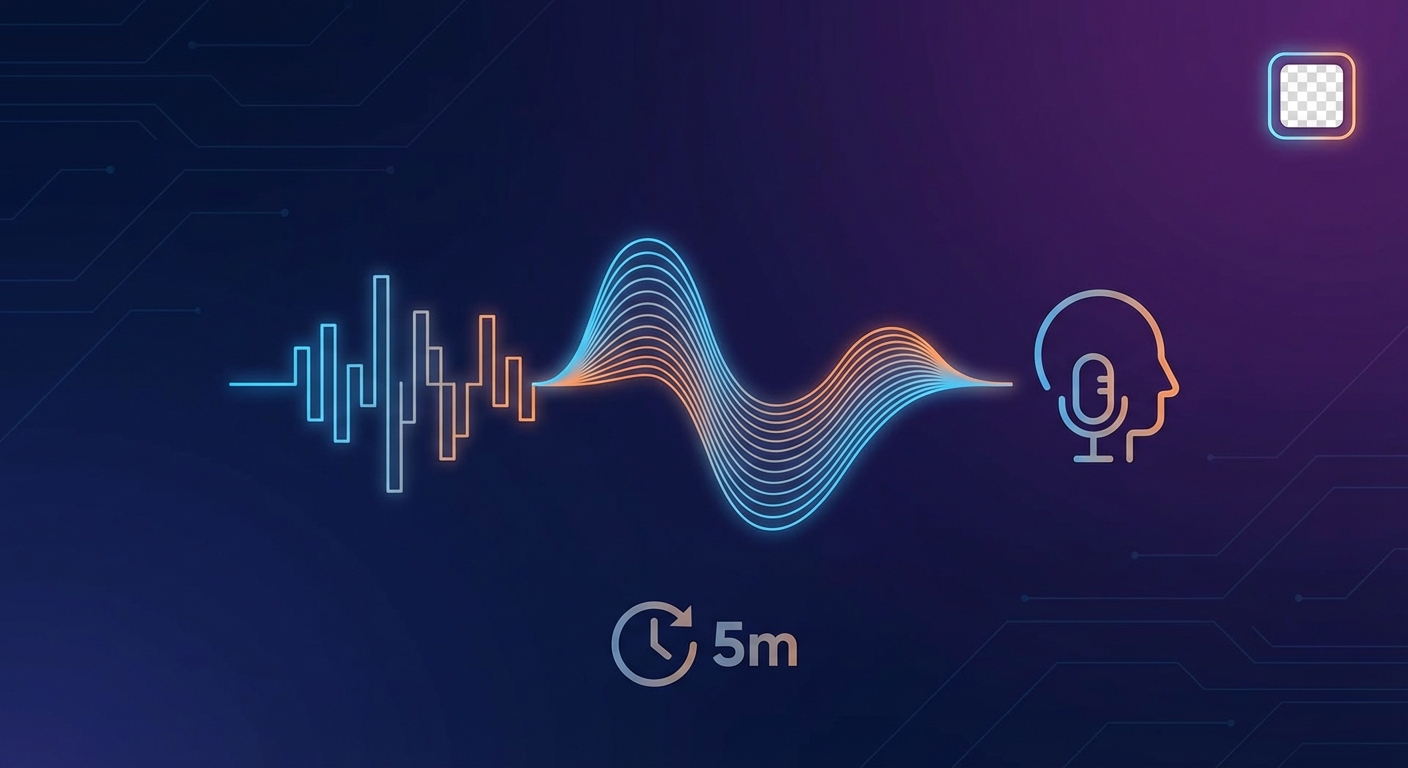How AI Voice Agents Affect Client Communication for Law Firms
As technology continues to evolve, law firms are facing the challenge of adapting to changing client expectations for quick, round-the-clock accessibility. Clients now expect immediate responses and seamless interactions, which can place significant pressure on legal teams to maintain high standards of professionalism while managing their workload and budget constraints.
Amidst these challenges, AI voice agents emerge as a beacon of hope. These sophisticated tools are designed to manage various tasks, including legal intake processes, appointment scheduling, and addressing routine inquiries, all while upholding the same level of professionalism as human staff. Their introduction promises a significant relief to the pressure faced by legal teams.
By integrating AI voice agents into their operations, law firms can enhance efficiency, reduce response times, and free up their personnel to focus on more complex legal matters. This innovative approach not only improves service delivery but also transforms the overall client experience, allowing law firms to meet modern demands without overwhelming their teams. Moreover, the use of AI voice agents can lead to significant cost savings, as they can handle routine tasks at a fraction of the cost of human staff.
Grasping the Communication Difficulties Clients Face in Legal Services
Timely responses to inquiries are essential for current legal clientele, as individuals facing legal issues often seek assistance during weekends, evenings, or holidays when most law firms are not operating. Missing these critical touchpoints can result in significant financial losses for legal practices.
Research indicates that 78% of clients choose the first law firm that responds to them. This data underscores the competitive advantage gained through continuous availability facilitated by legal voice automation. It's a powerful tool that can empower law firms to stay ahead in the race.
Key challenges the Rosenbaum & Rosenbaum law firm faces today include:
High costs to acquire clients due to increased competition.
Slow manual procedures for bringing in new clients reduce efficiency.
Limited ability to communicate with clients outside of regular hours.
Difficulty in growing client services without raising costs.
The risk of losing potential clients to competitors who respond more quickly.
The specialized knowledge necessary for conducting a comprehensive legal intake process is often absent in conventional solutions, such as legal answering services. These services cannot typically effectively assess and qualify potential leads, which are crucial for determining the viability of a case.
Without the right expertise, they may struggle to collect the specific and detailed information required for an accurate case evaluation, ultimately hindering the legal team's ability to make informed decisions and effectively serve their clients’ needs.
The Importance of AI Voice Agents in Legal Operations
AI voice agents represent a groundbreaking advancement in the realm of virtual legal assistance, functioning as intelligent companions that can engage in meaningful conversations with individuals over the phone. These sophisticated virtual assistants leverage the capabilities of natural language processing and machine learning, distinguishing them from conventional chatbots.
Unlike basic automated responders, AI voice agents can navigate intricate discussions and convey a sense of professionalism and confidence that is crucial in the legal field. These advanced voice assistants seamlessly integrate with modern law firm automation systems, enhancing their efficiency and effectiveness.
They can access real-time information from various sources, including calendar applications, case management software, and comprehensive client databases, ensuring that legal professionals have the data they need at their fingertips. The technology behind AI voice agents excels at recognizing patterns within conversations, which empowers them to identify pressing issues that require immediate human intervention.
Furthermore, they are capable of autonomously handling routine inquiries, providing law firms with timely and relevant solutions while allowing human attorneys to focus on more complex tasks. For instance, they can assist with basic legal advice, provide information on case status, or even schedule appointments. This innovative approach signifies a significant leap forward in the integration of AI solutions for law firms.
Transforming Client Onboarding Procedures
Lengthy phone calls that occur during work hours have traditionally been a significant component of the legal intake process. However, these prolonged discussions can often create bottlenecks, leading to delays in initiating cases. To address this inefficiency, AI voice agents have emerged as a powerful solution. These advanced systems automate the client intake process for lawyers, conducting initial interviews that gather essential case information.
When a potential client initiates a call, the AI voice agent begins by listening carefully to the caller's description of their legal issue. Based on this initial account, the system intelligently formulates a series of targeted questions to collect specific and relevant details.
For instance, in the context of personal injury claims, the system might inquire about the exact date the incident occurred, the nature and extent of injuries sustained, and any pertinent insurance information that could influence the case. In cases related to family law, the voice agent can gather critical information such as the number of children involved, their living arrangements, assets, and the history of the relationship in question.
This comprehensive data collection process ensures that by the time human attorneys assess the case, they already have a well-rounded understanding of the background information. As a result of implementing this legal intake automation, lawyers can make quicker, more informed decisions regarding the viability of a case and establish fee structures with greater efficiency. That ultimately enhances the overall client experience and allows legal professionals to allocate their time and resources more effectively.
Conclusion
For AI voice agents to be effective, they must be carefully planned based on the company's needs. The implementation process involves setting up the system, training staff, and making improvements. To maximize value, the technology should integrate with existing systems, such as legal practice management software for law offices. Staff training focuses on understanding when to use the AI and how to handle issues that require human intervention.





